Organic farming produces products based on sustainable and environmentally friendly farming practices. The organic label on the product is proof of its organic status. The label has been developed in accordance with Article 30 of Regulation (EU) 2018/848 of the European Parliament and of the Council.
To be able to display the organic label on their products, an organic farmer must comply with a number of requirements.
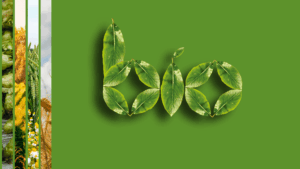
Minerals are essential for animals and birds to maintain vital processes, both as structural components in tissues and as activators of enzymes and hormones.
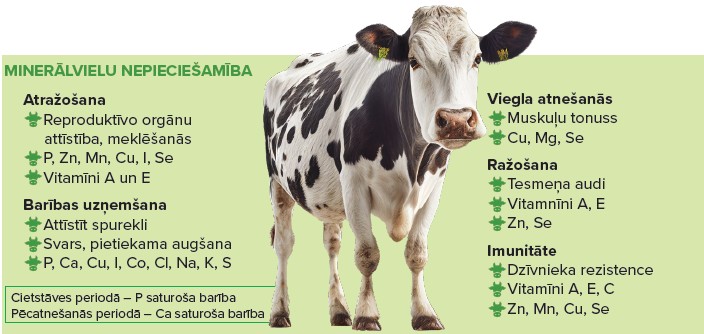
🎉 We are pleased to announce SIA "Certification and Testing Centre" has won Cesis Municipality Culture Project Competition and launches the project "Get to know organic farming" implementation!

Certification is a continuous process, monitored and implemented by the control body, in close cooperation with both the service provider - the operator - and other public authorities.
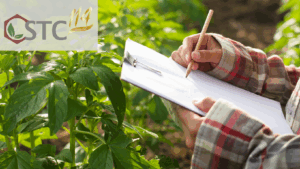
Organic farming education not only promotes sustainable and environmentally friendly farming practices, but also improves farmers' competitiveness in the rapidly growing organic market. But the question often arises: is it really justified to pay for such training, or should the public and businesses be able to access this essential knowledge for free?
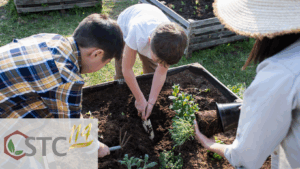
ES Green Deal The CAP Action Plan has been developed over two years (2022, 2023) in the Member States. These include steps to reduce greenhouse gas emissions by 55% by 2030.

Fertilising crops is important, it is about providing nutrients to plants so that they can grow vigorously, develop healthily and give the farmer a good harvest. In organic farming, fertilisers of organic and mineral origin can be used to maintain soil fertility and yield. Organic fertilisers include all types of litter and non-litter manure, slurry, bird droppings, various types of compost, straw, green manure plants, ash, sawdust, peat and sapropel.
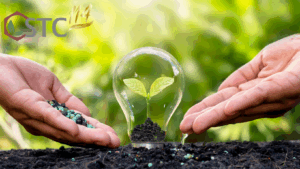
To apply for support, it is important for farmers to provide documents proving that they have completed a refresher course. If you have been issued with a training document (evidence of formal qualifications) after 1 January 2023, the document is valid for submission to the Rural Support Service (LAD).
As consumers, how often do we look for and recognise organic products on the shelves? Do we recognise the green eco-leaflet on organic labels and understand the information provided?

Soil analyses are very important for organic farms as they help farmers understand the nutrient levels and health of their soil. Organic farming practices depend heavily on the health of the soil ecosystem to produce high quality crops. It is therefore important to ensure that the soil is rich in nutrients and has a balanced pH level to support plant growth and development.

Biodynamic agriculture is a sustainable farming method based on a holistic approach to farming and animal husbandry, integrating ecological, social and economic aspects. This approach emphasises respect for natural cycles, the conservation of soil fertility and the promotion of biodiversity.
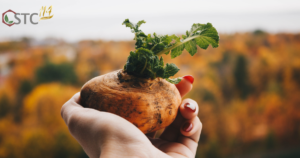
Organic farming is becoming increasingly important in the context of sustainable and environmentally friendly farming. By acquiring knowledge and skills related to organic farming, farmers can not only improve the productivity and sustainability of their farms, but also gain competitiveness in the market.
Such training provides an in-depth understanding of the principles of organic farming, soil fertility maintenance, natural pest and disease control, as well as the requirements for certification and labelling of organic products. Participants have the opportunity to learn from experienced professionals, share with other farmers and gain the practical skills needed for successful organic farming.
This knowledge not only helps to increase production efficiency, but also ensures compliance with the latest legislation and regulations, which is essential for those seeking European Union support in agriculture.
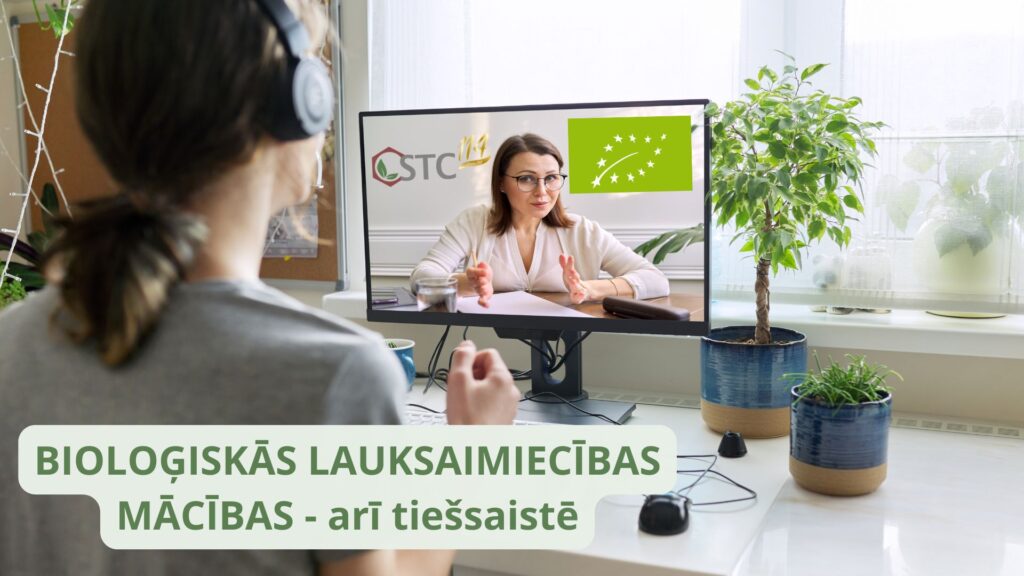
On International School Feeding Day, pupils and IFOAM Organics Europe and ICLEI Europe delegates to European decision-makers in Strasbourg, presented a call for healthy, sustainable and organic school meals and the integration of comprehensive food education in schools. Invited by Socialist and Democrat MEP Dario Nardella, a delegation of students from the Markgräfler Gymnasium (Germany) engaged in a lively discussion with key figures including the Mayor of Strasbourg, Jeanne Barseggiana, MEPs from all political parties, EU Commissioner for Agriculture and Food, Oliver Hansen, Christoph Auer Hansen. Várhelyi.
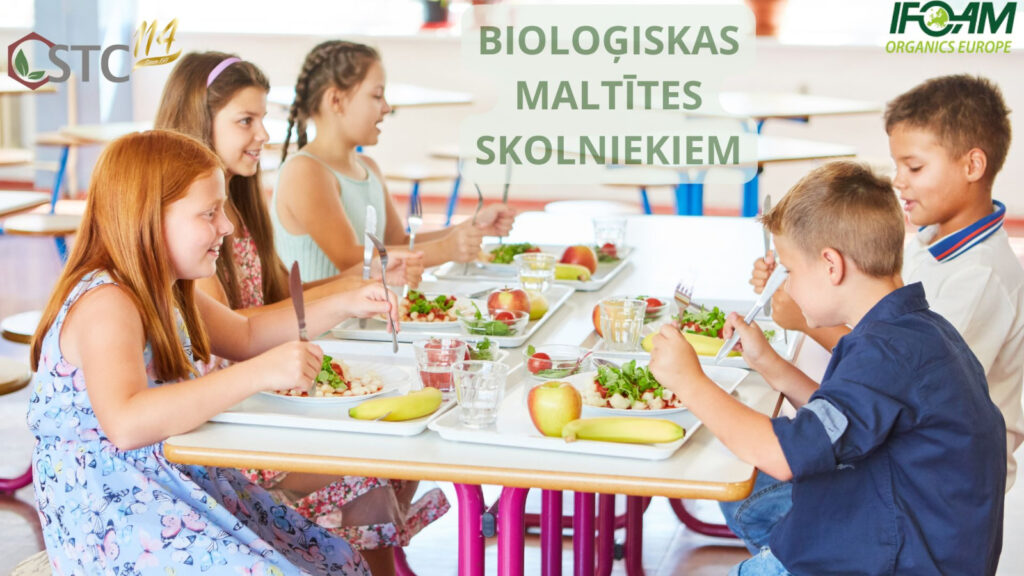
20 years ago SIA "Sertifikācijas un testēšanas centrs" (hereinafter - STC) launches a new field of activity - certification of organic farming enterprises At that time, the term "organic farming" was still little known, although interest in the green movement had already begun in the 1990s, when scientist Imants Heinackis gathered a group of like-minded people around him and, with the help of scientists and practitioners from Germany, Latvian farmers were introduced to the philosophy of biodynamic agriculture.
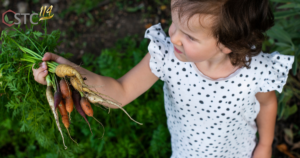
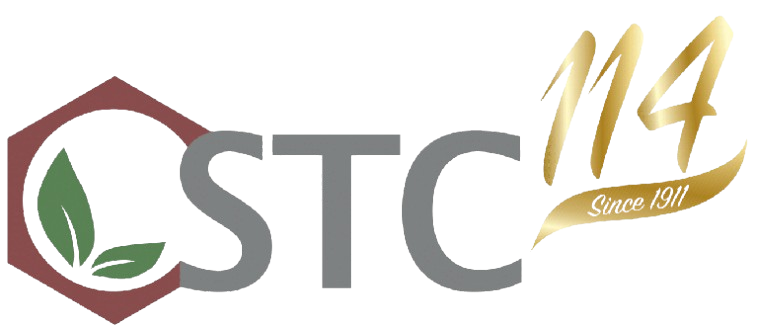
To provide you with the best experience, we use technologies such as cookies to store and/or access device information. Consenting to these technologies will allow us to process data such as browsing behaviour or unique IDs on this site. Not consenting or withdrawing consent may adversely affect certain features and functionality.